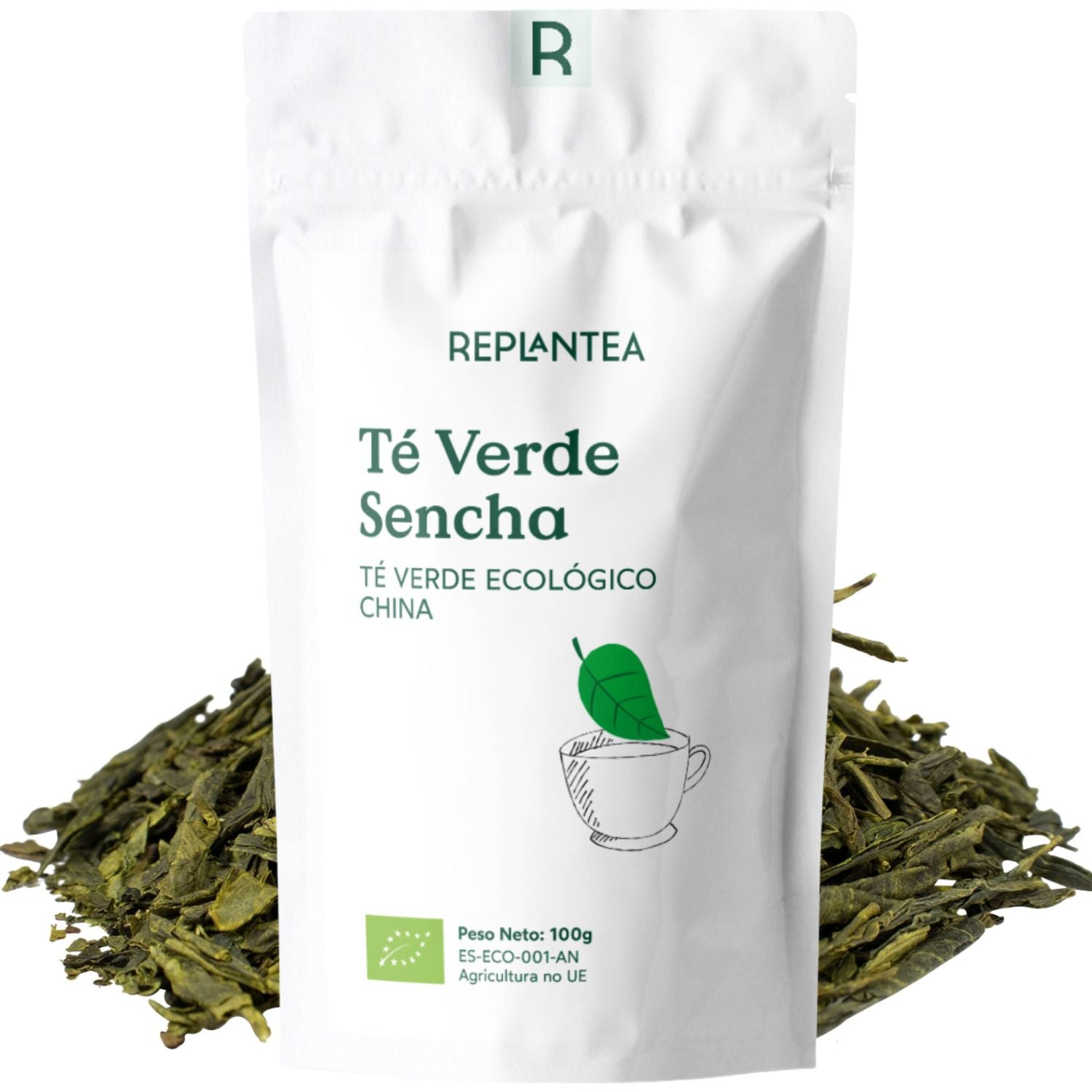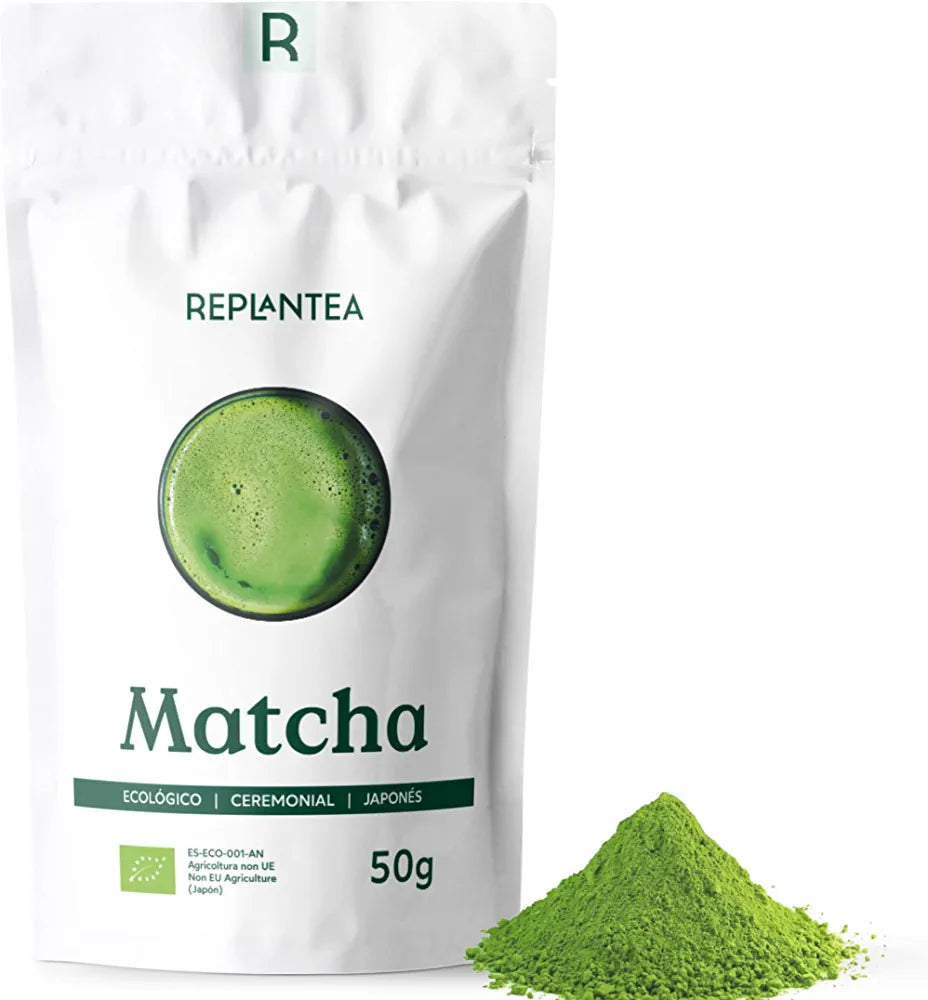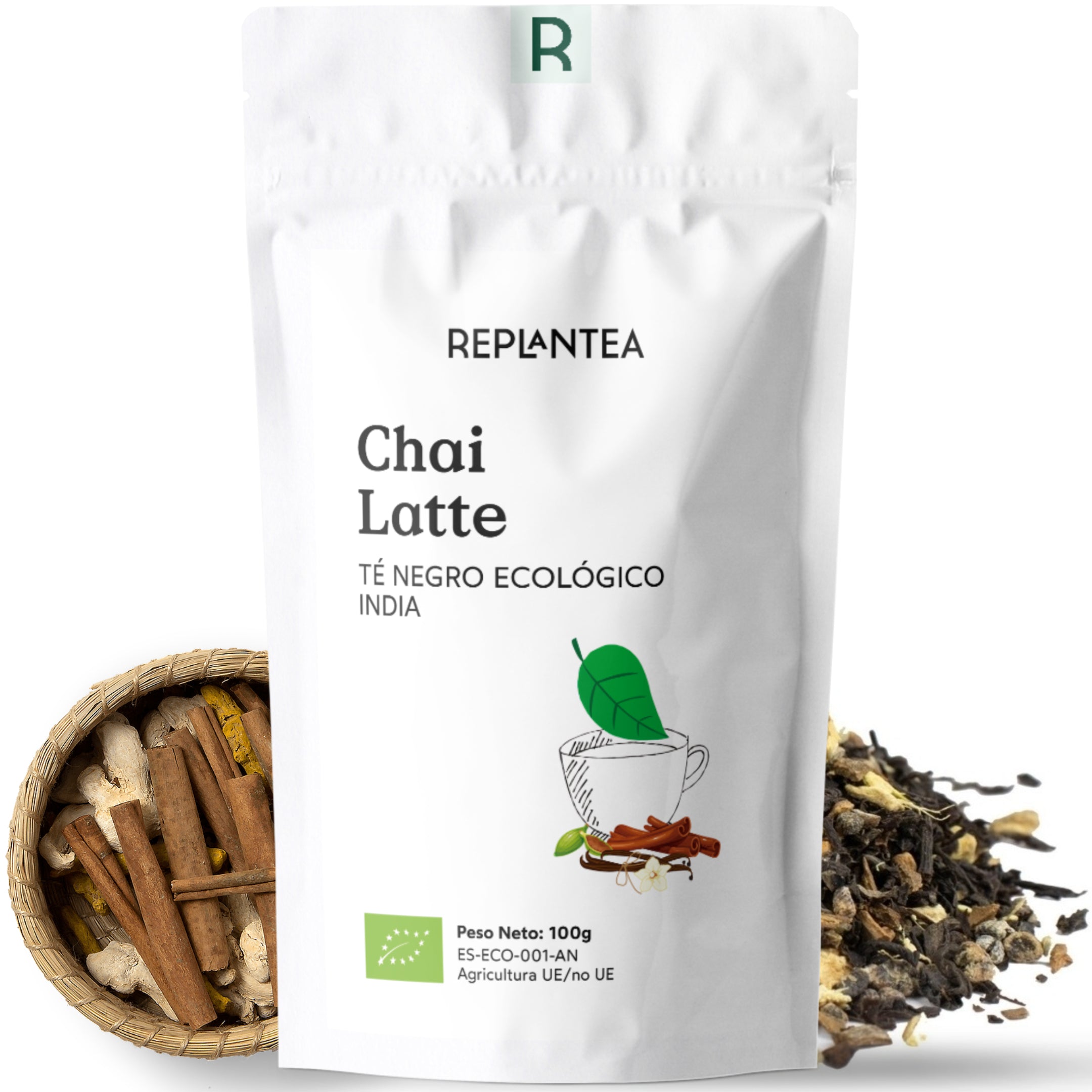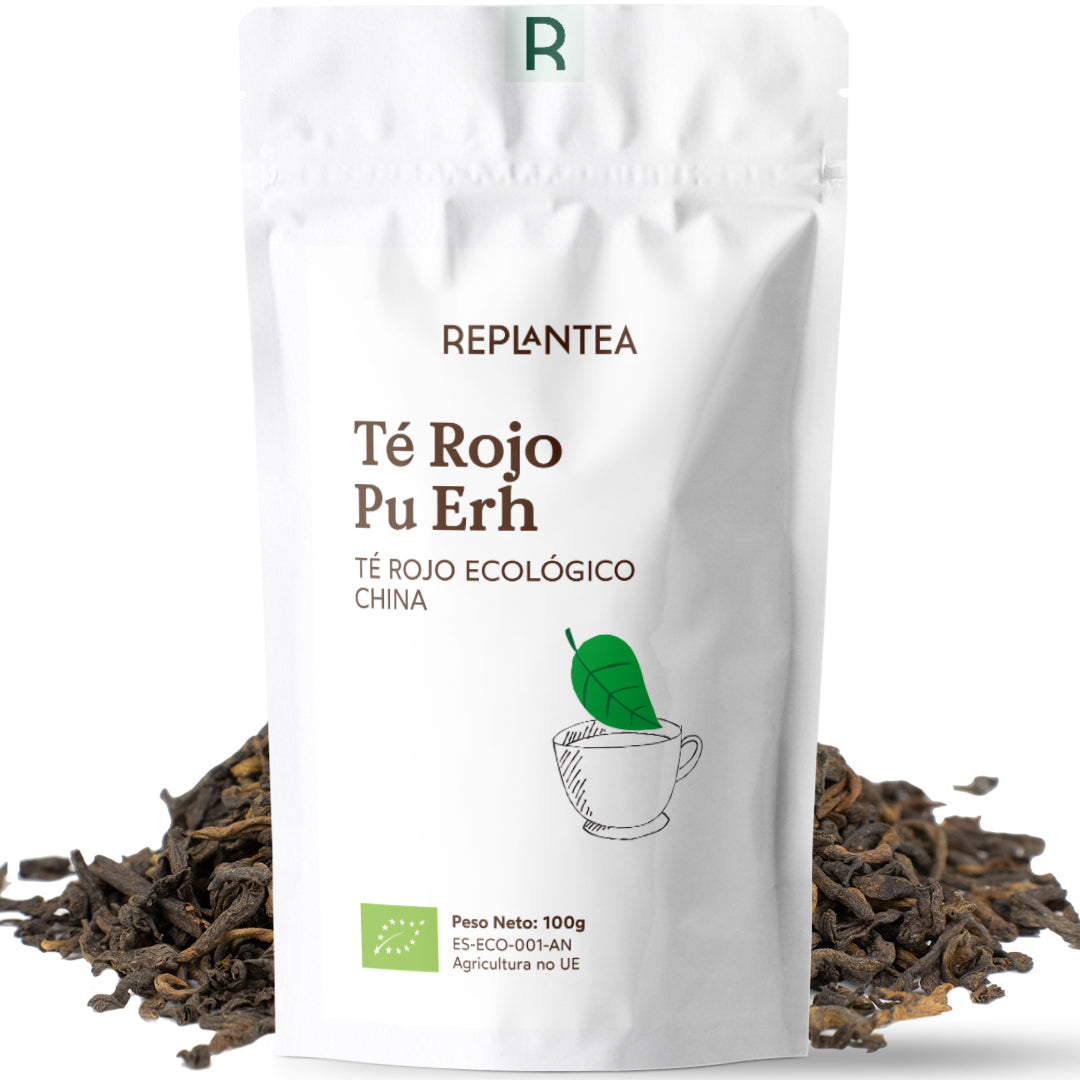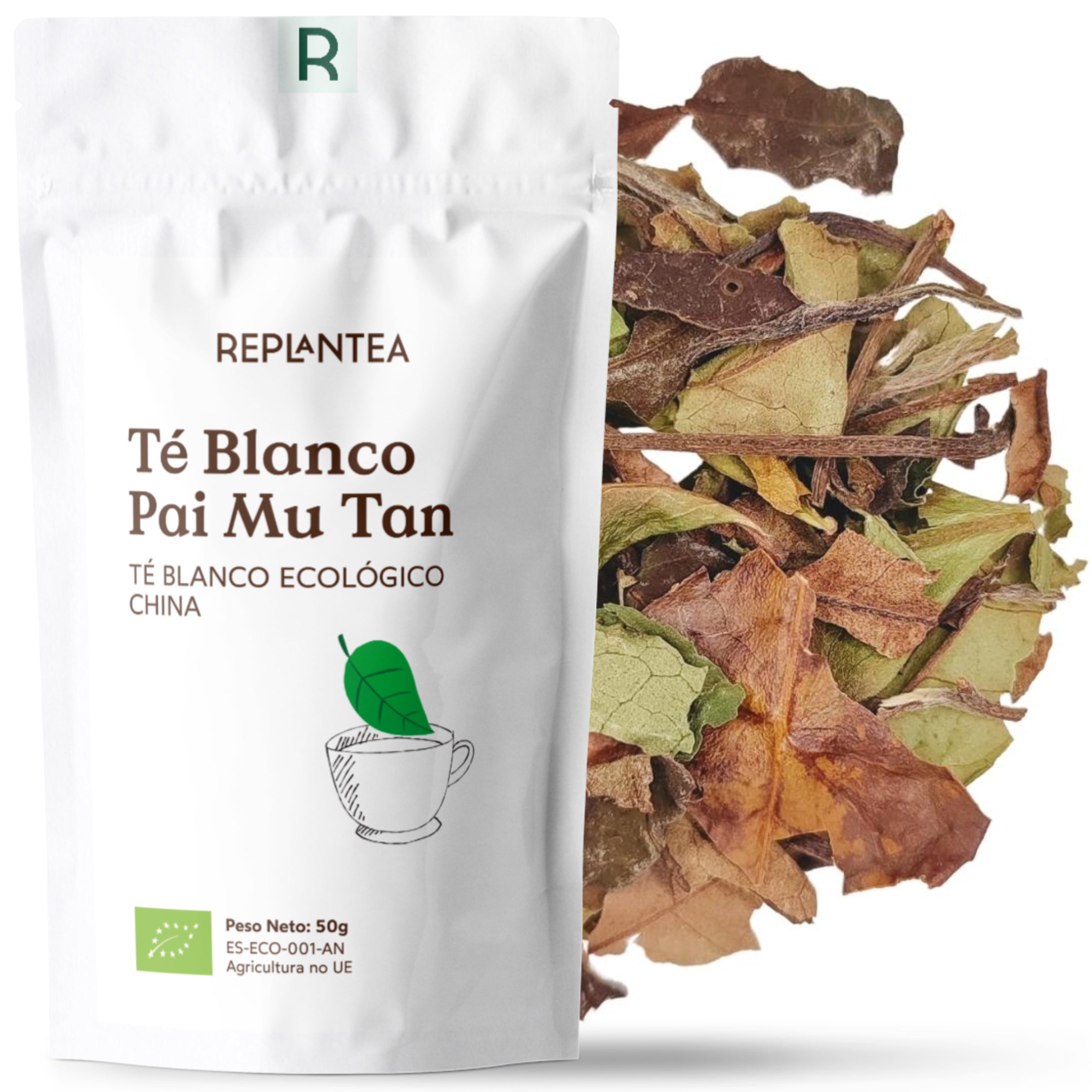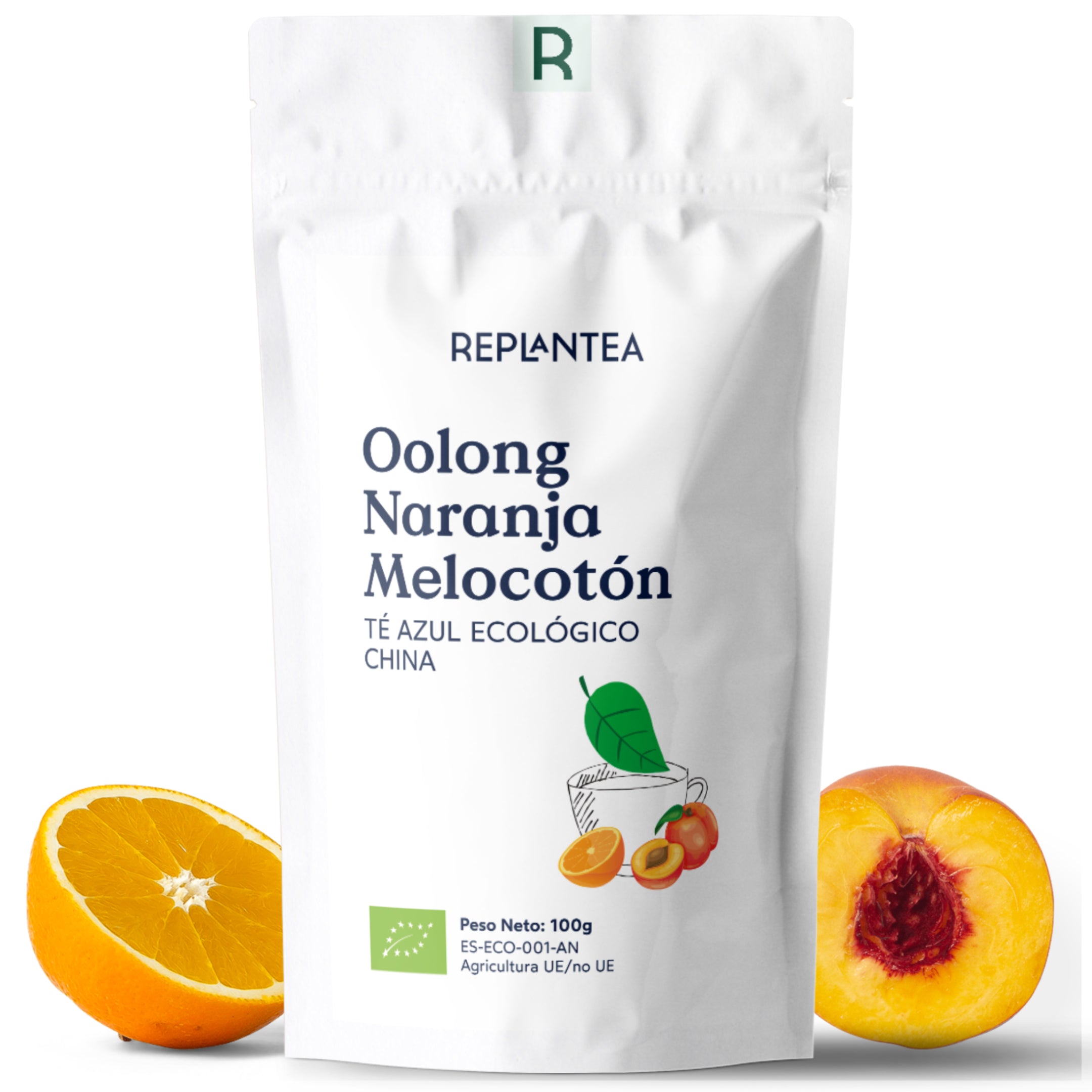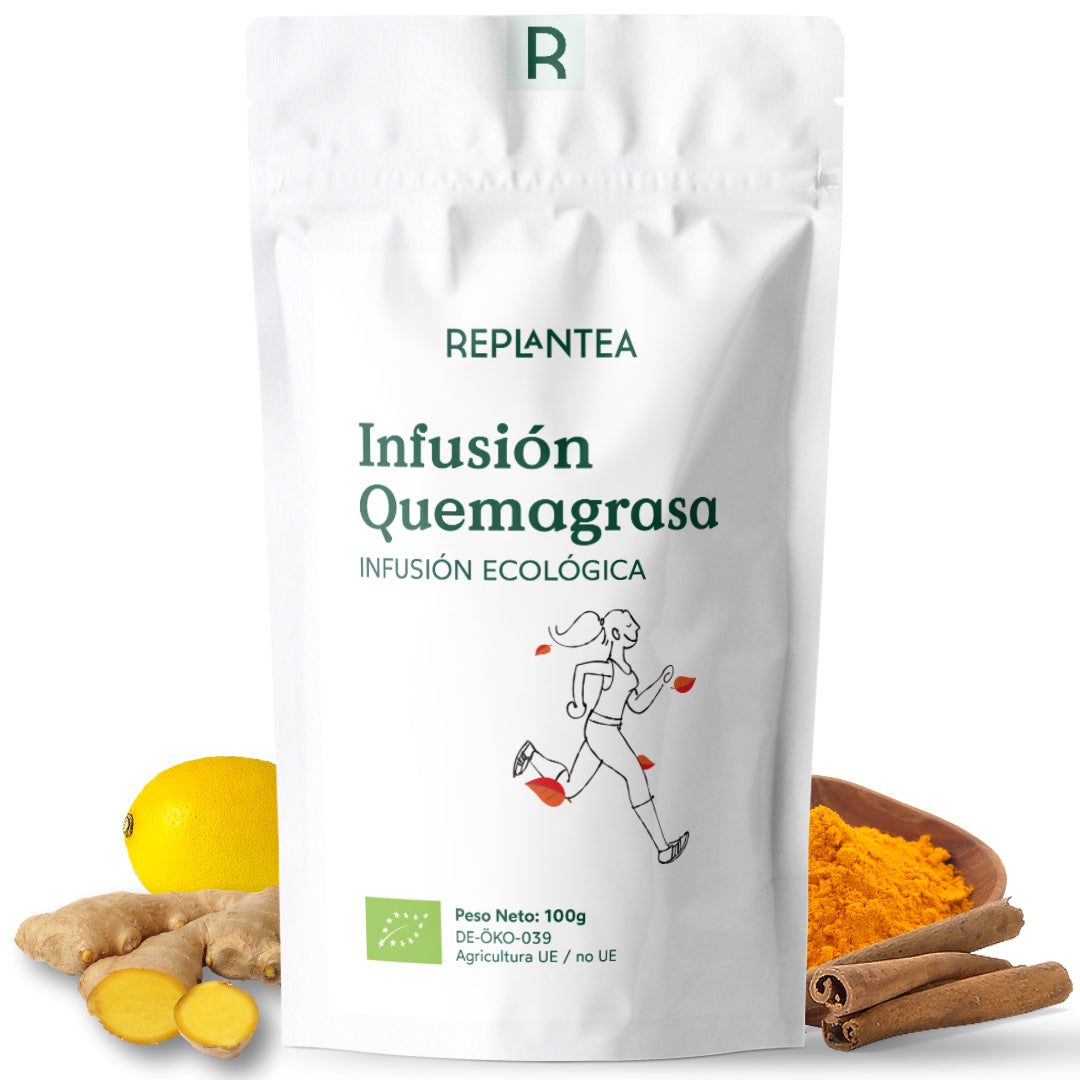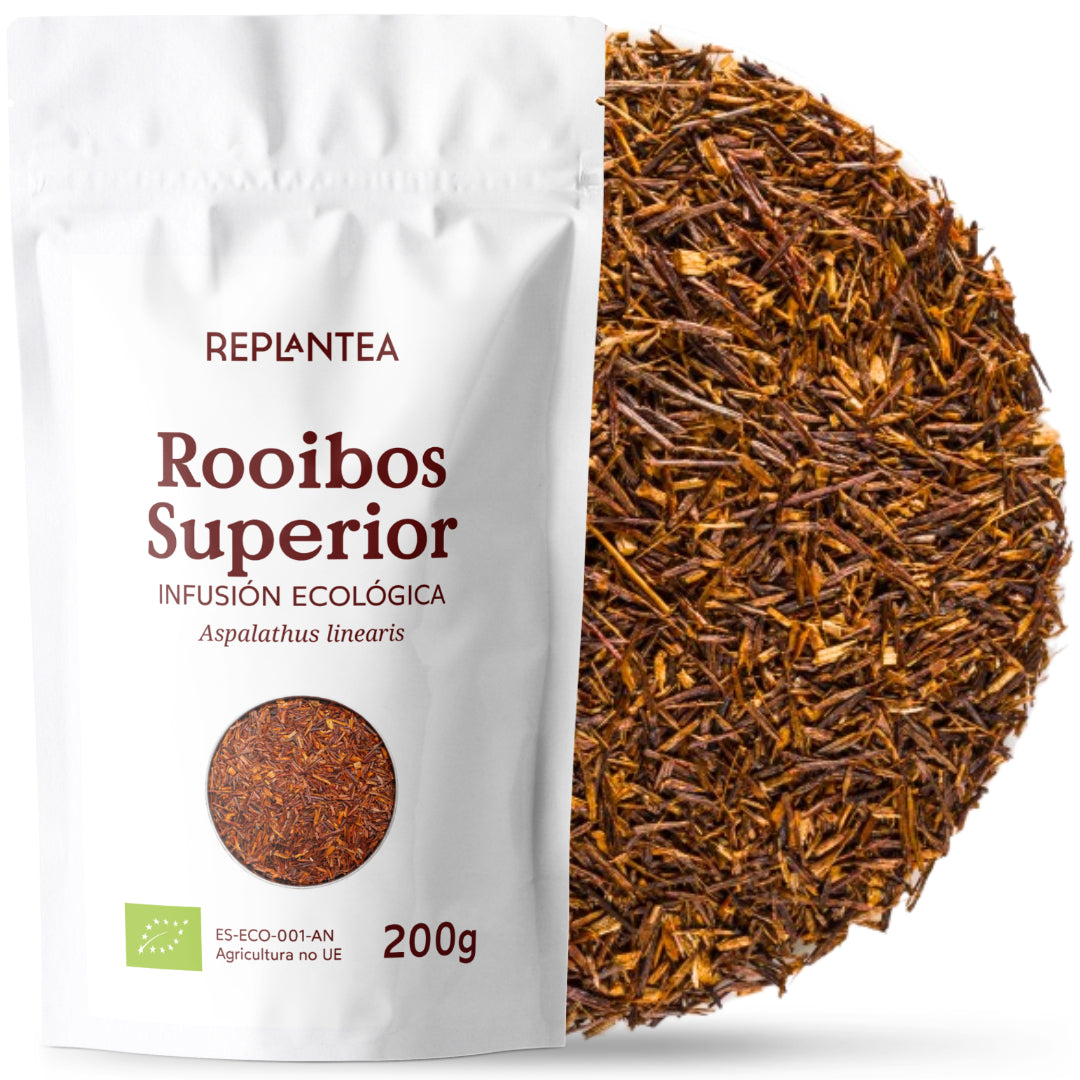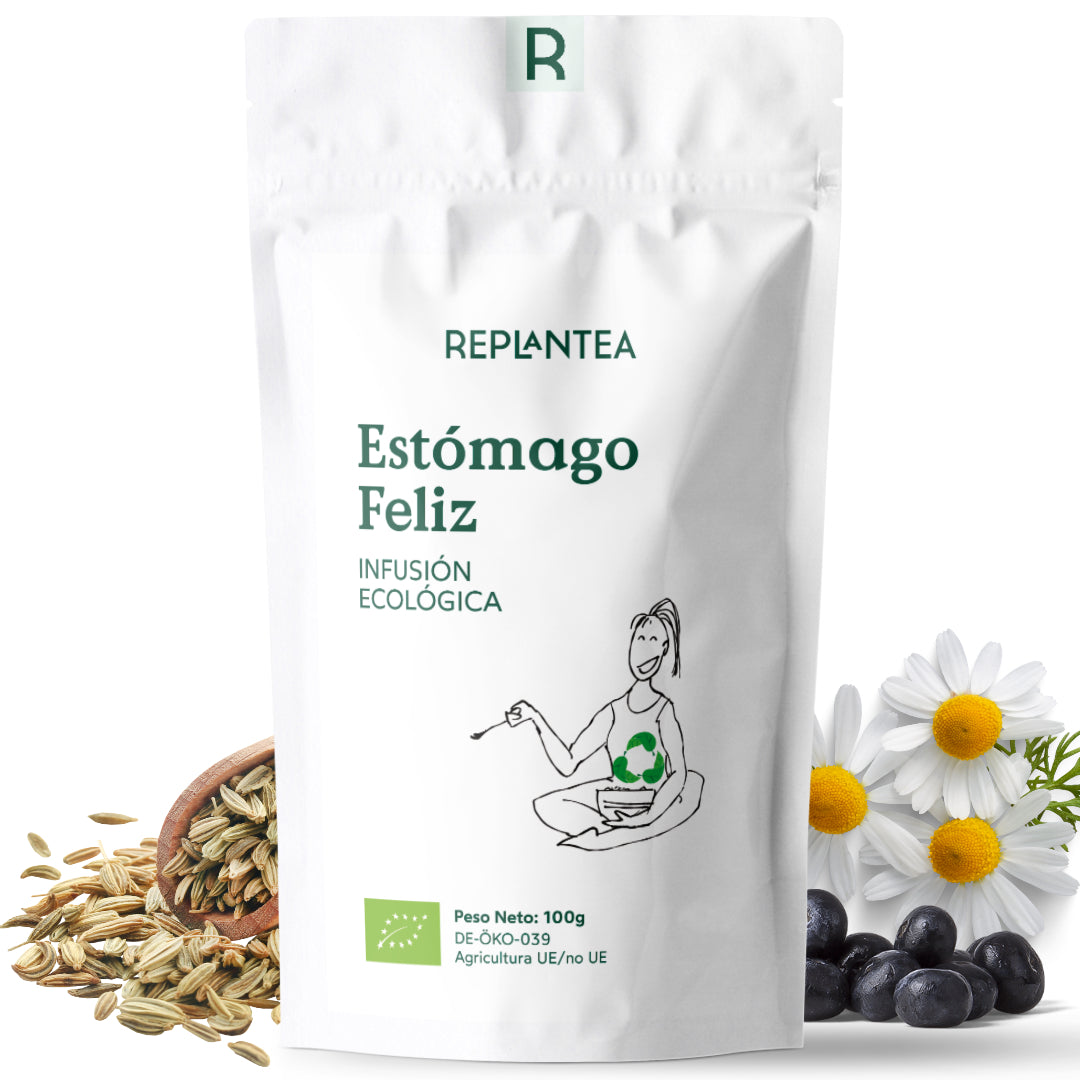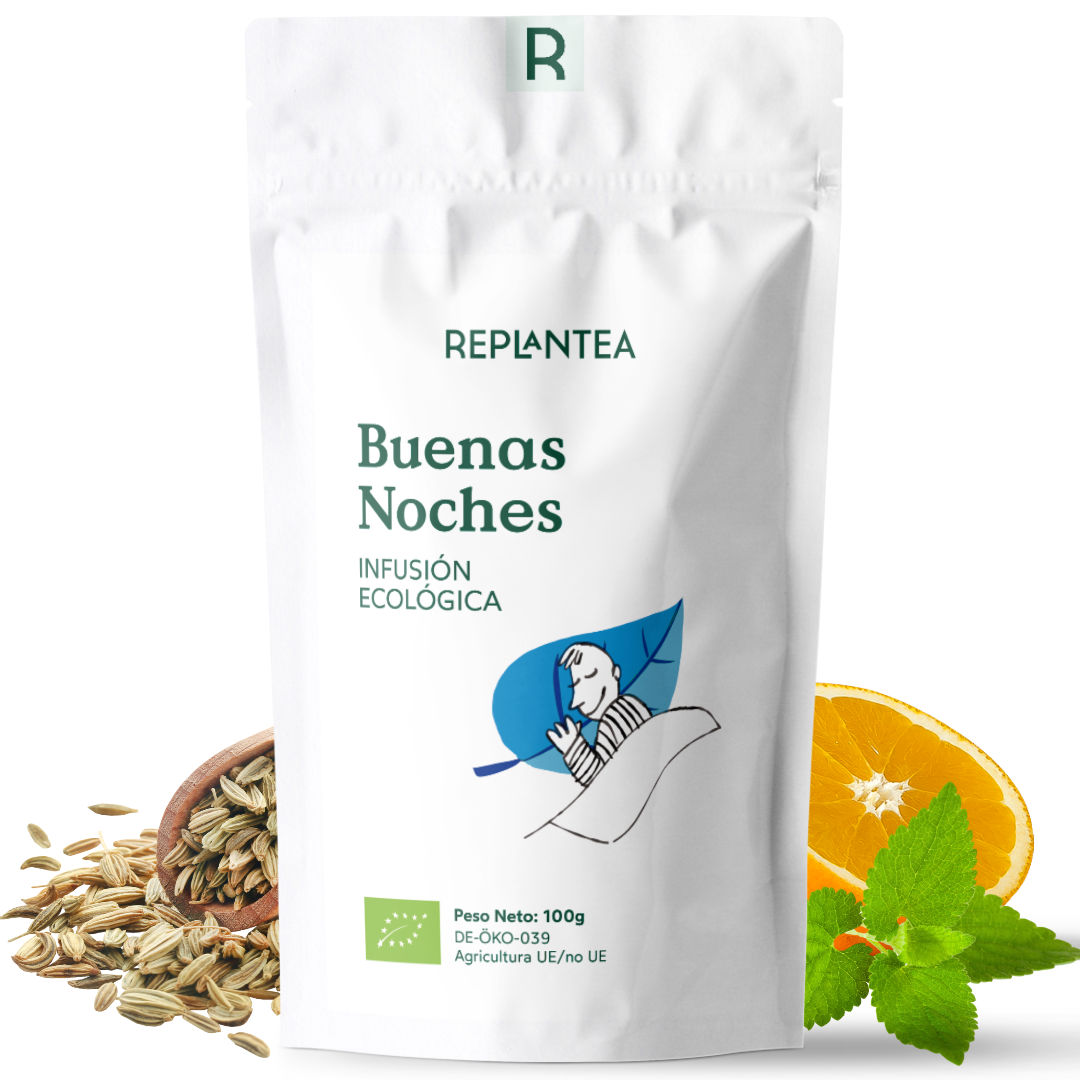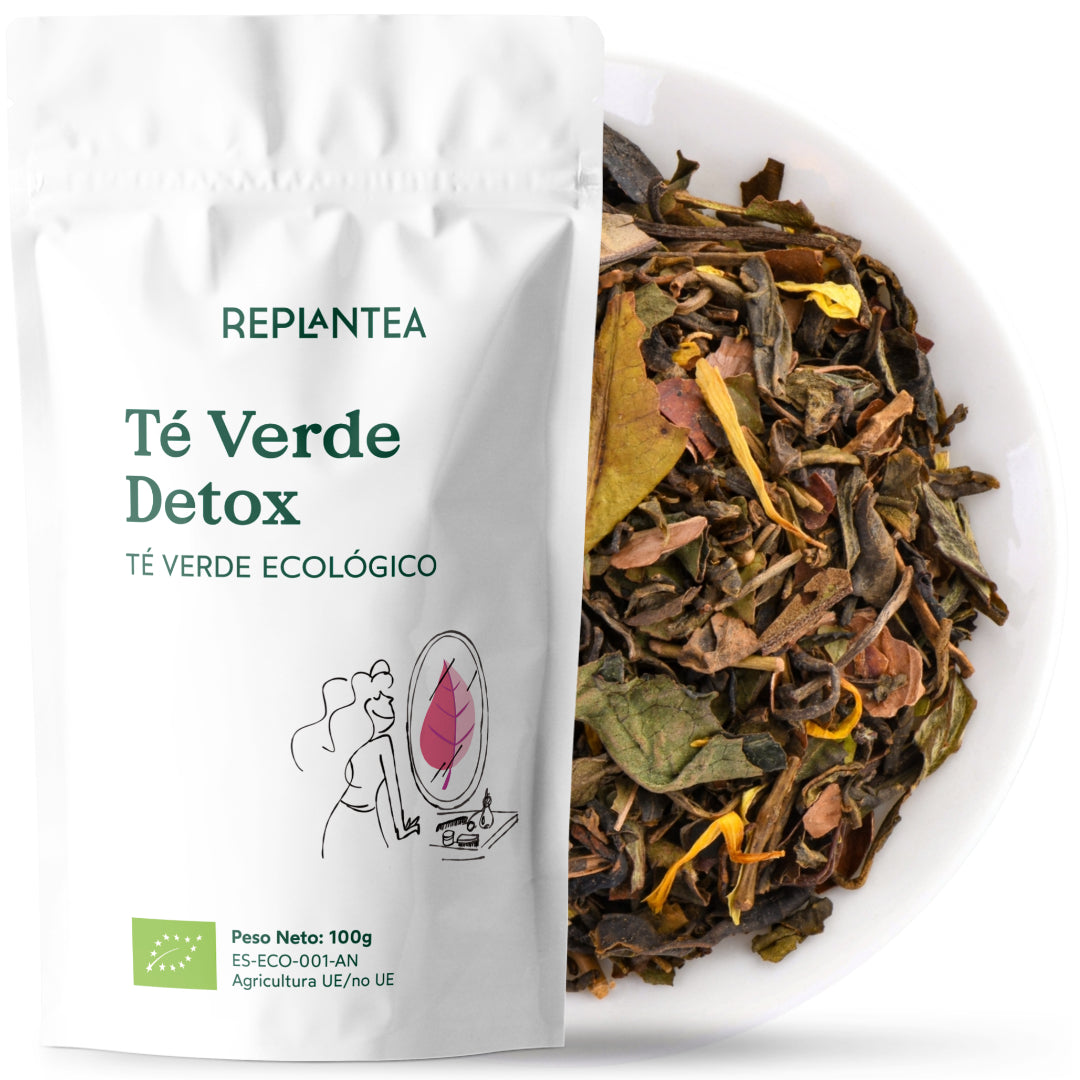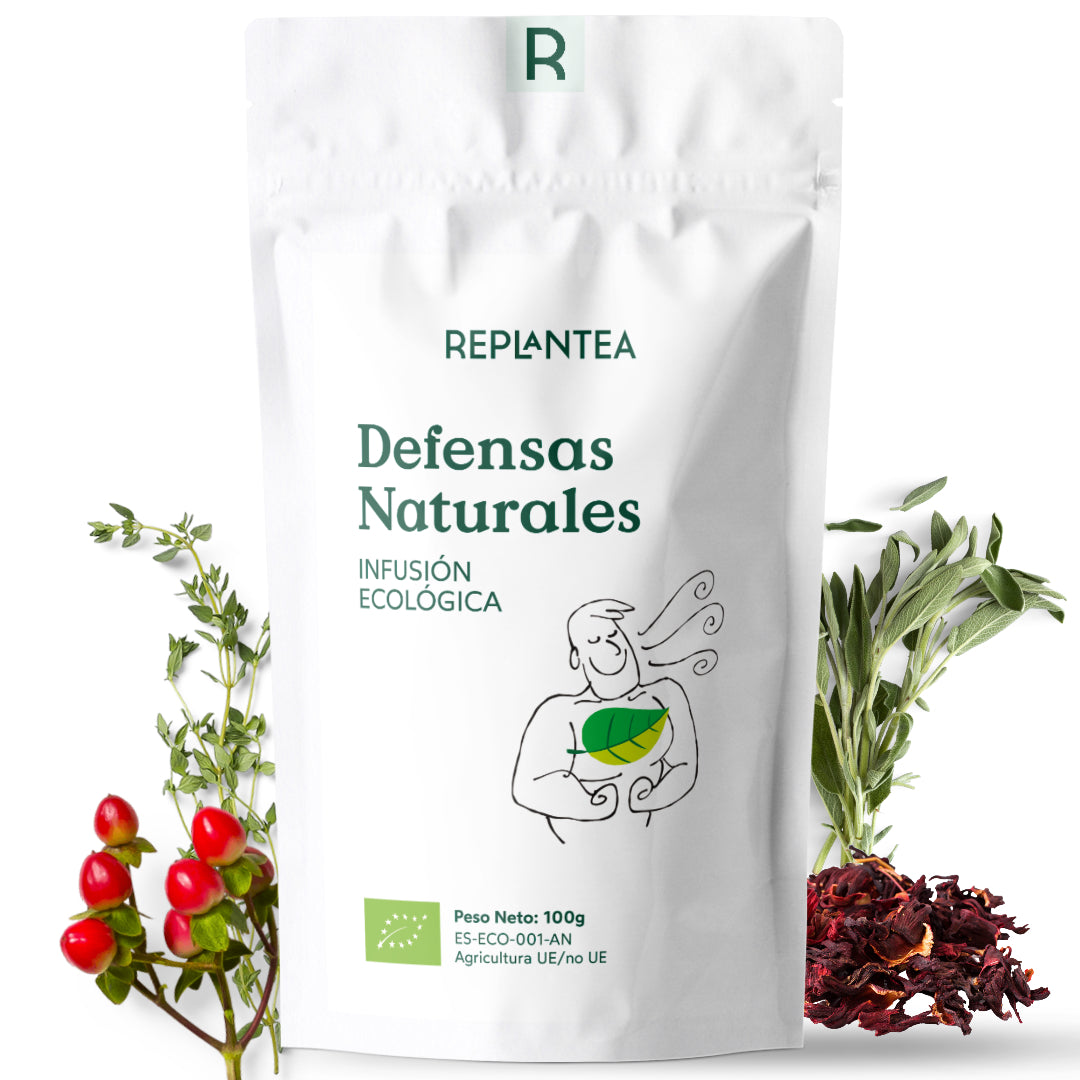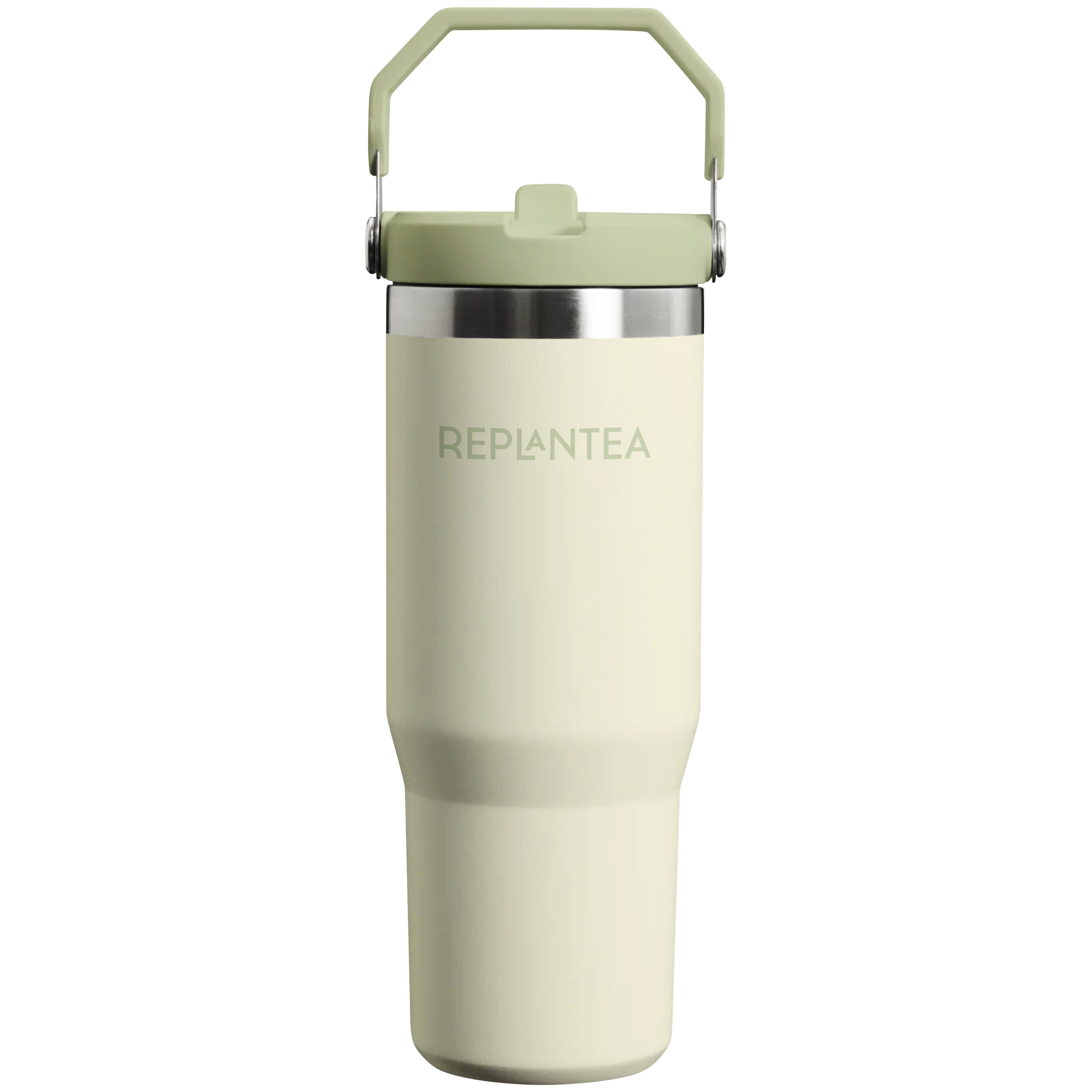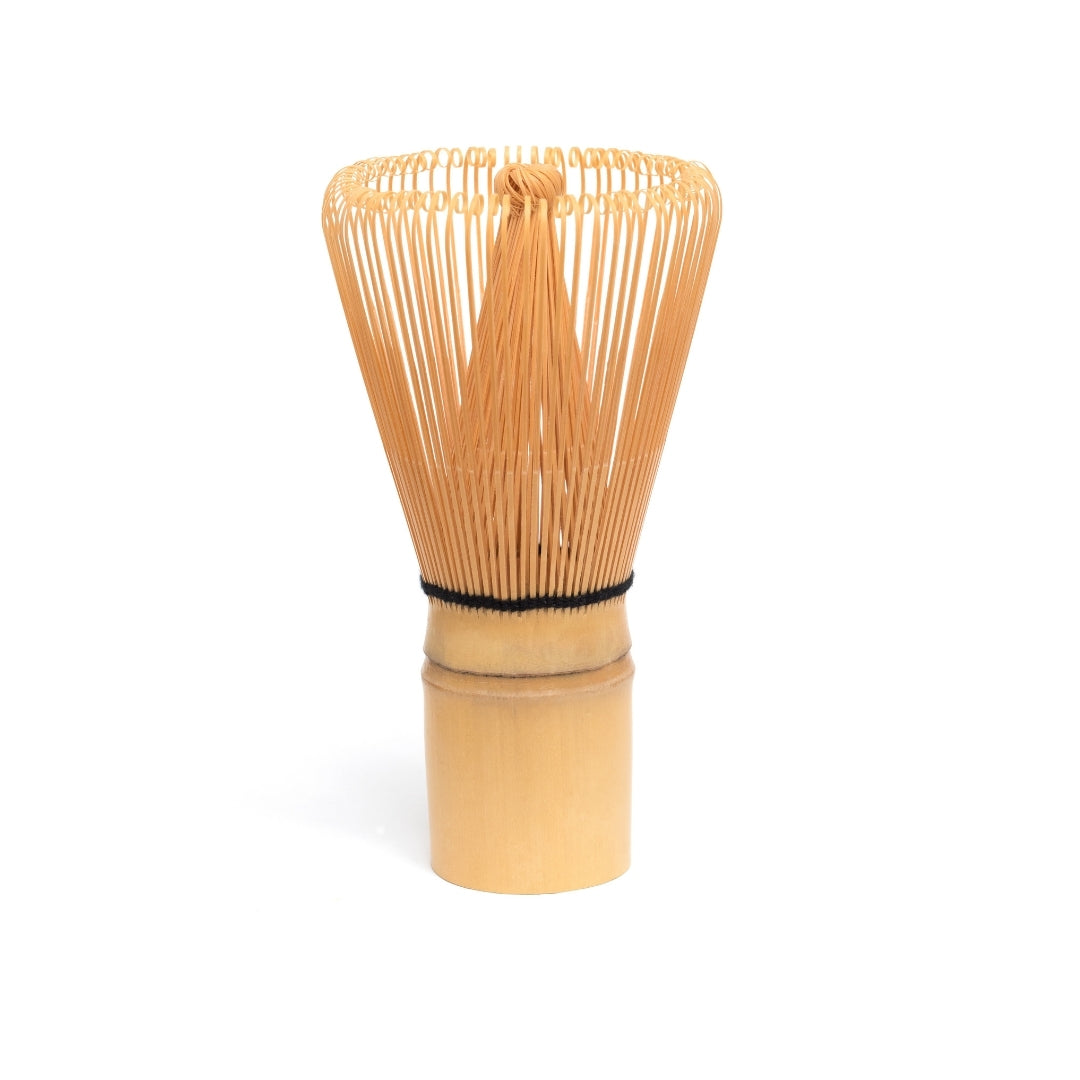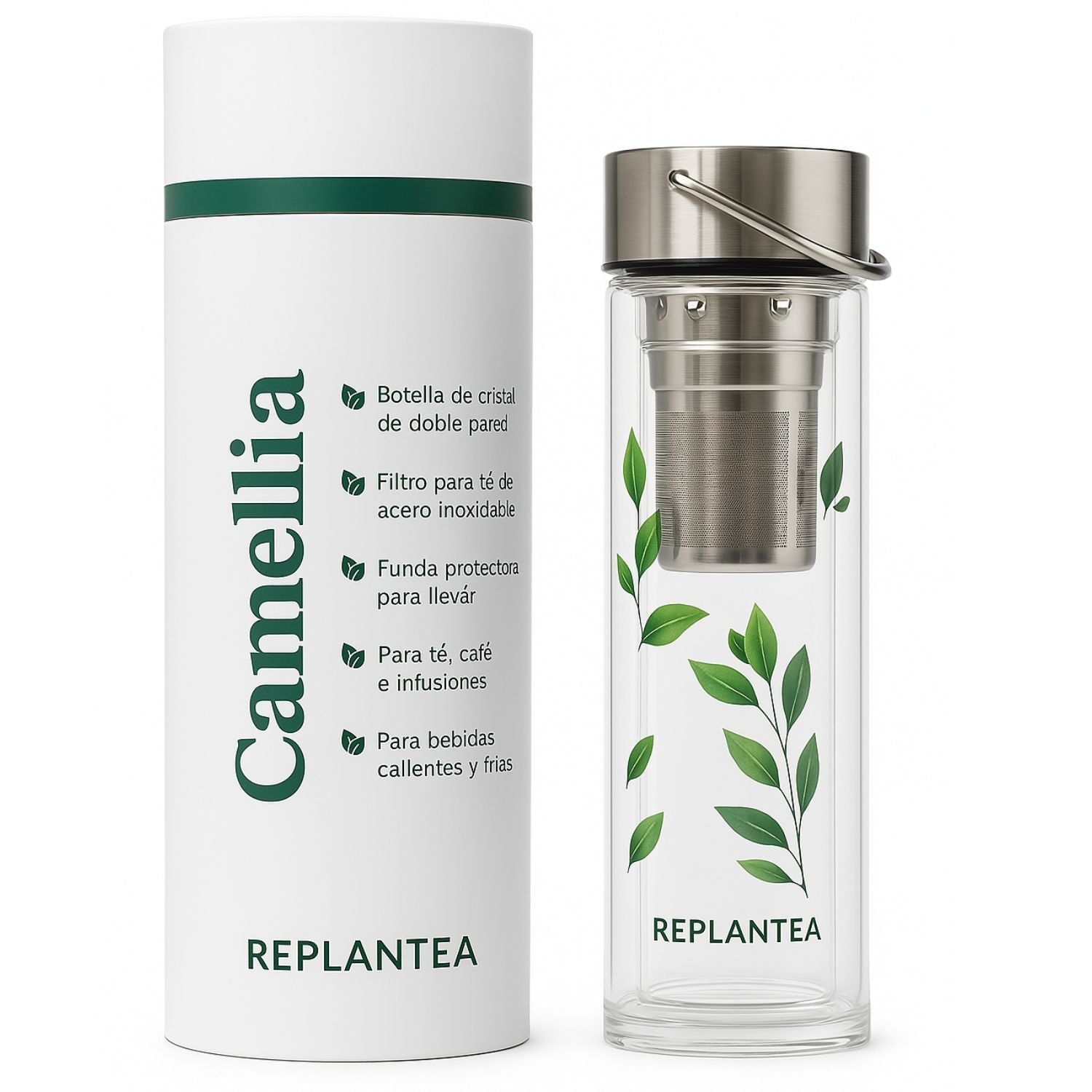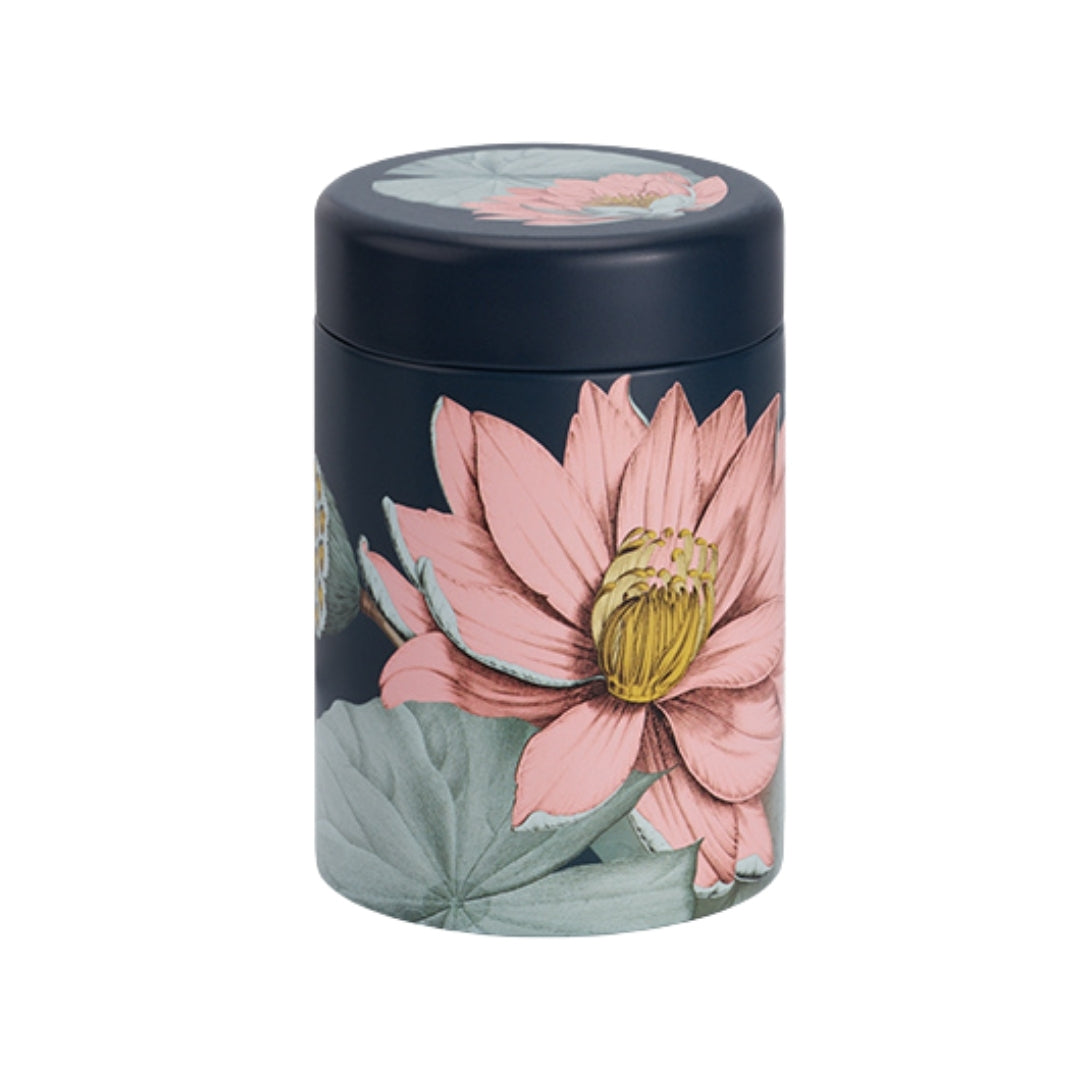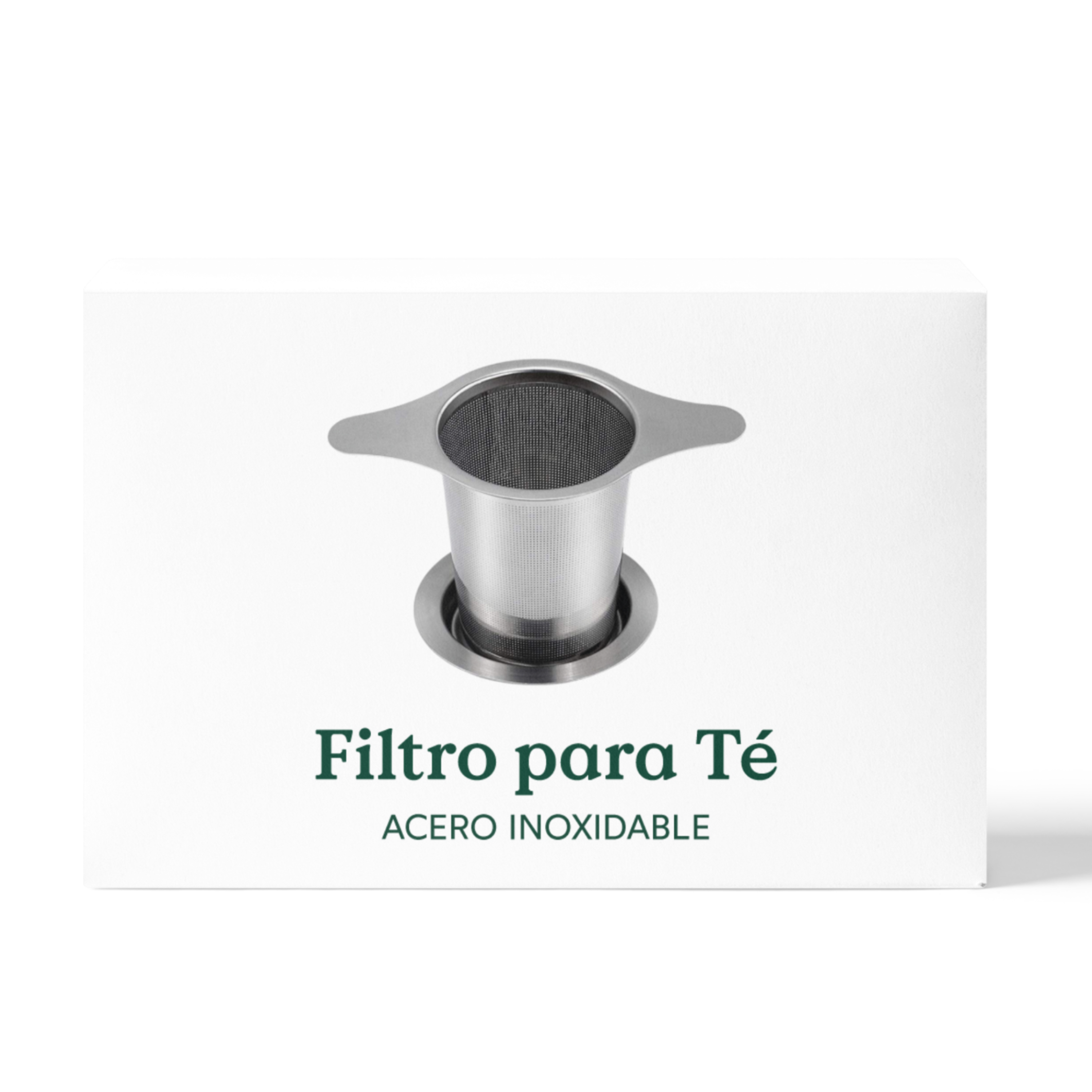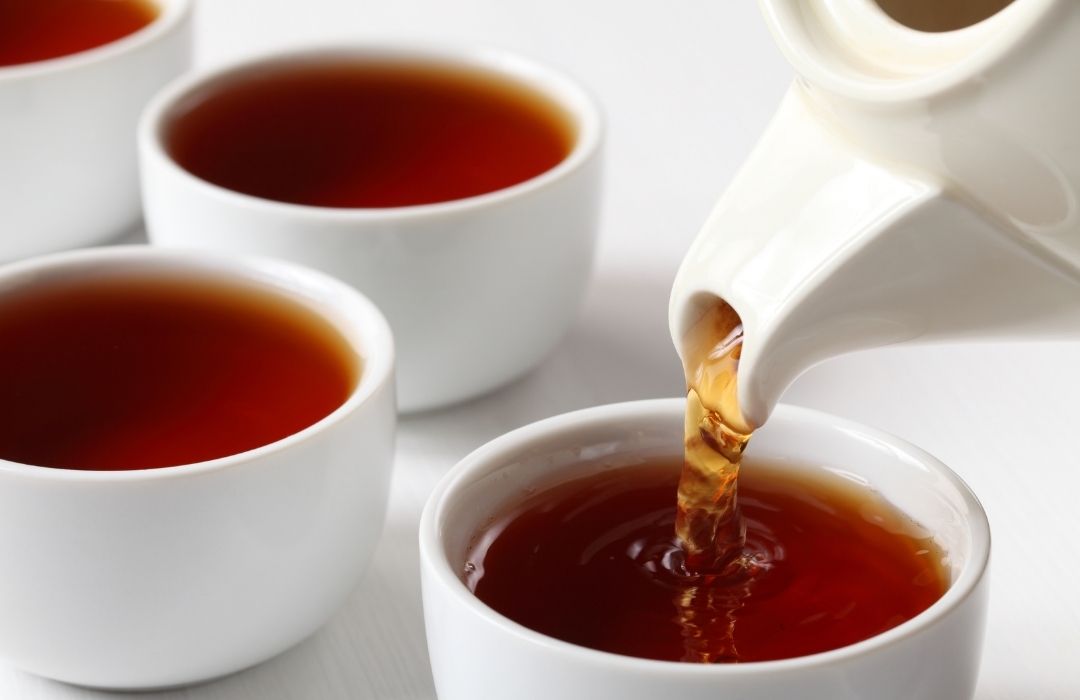
Properties and Benefits of Black Tea
What is black tea? | Benefits of black tea | When to drink black tea | How to prepare black tea | Where to buy black tea
Black tea has been almost the only type of tea available in the West for hundreds of years. This delicious beverage has an intense flavor, with floral, smoky, and spicy undertones. The health benefits of black tea make it a staple in traditional Chinese and Indian medicine.
Black tea can vary in flavor and aroma depending on its origin. In this short guide, we'll tell you the basics of black tea, its properties and benefits, as well as some tips on how to prepare it.

What is black tea?
Black tea is made from the leaves of the Camellia sinensis plant, more commonly known as the tea plant. The tea plant is also used to produce other types of tea, including white tea , green tea, blue tea (oolong tea) , and red tea (pu erh tea ). These tea plants grow in a variety of climates and are cultivated from sea level to the high mountains of the Himalayas.
Black tea is made from two varieties of the tea plant: C. sinensis var. sinensis and C. sinensis var. assamica . The first is the classic Chinese variety first discovered thousands of years ago, while the second is native to India and was discovered during the British colonial era.
The largest producers of black tea are China, India, and Sri Lanka. Traditionally, each black tea is named after the region where it is grown, with the best known being Darjeeling and Assam from India, Ceylon from Sri Lanka, and Lapsang Souchong from China.
RELATED INFORMATION
Making black tea
What sets black tea apart from other teas is that its leaves undergo complete oxidation. The leaves are harvested and allowed to wither in sunlight. This helps reduce the moisture content. The leaves are then rolled to produce tiny cracks that release enzymes and begin the oxidation process.
For higher-quality black teas, this process is done by hand and is called the orthodox production method. It's a much more costly and time-consuming method, but it results in fewer broken leaves.
Once oxidation is complete, the black tea leaves are dried and sorted to complete the production process.
RELATED INFORMATION
Properties and benefits of black tea
Black tea can not only be a delicious beverage, it can also make you feel better. Due to its numerous health benefits, it has been an essential element in traditional Chinese medicine. These are some of the properties of black tea that have been studied by science in recent years:
- Boosts heart health
- Protects against diabetes
- Improves digestion
- Contains antioxidants
- Increases energy and concentration
1. Increases heart health
One of the most well-known benefits of tea is its ability to protect heart health. Studies have shown that black tea can help prevent strokes and may also lower cholesterol levels. Black tea may help protect against heart disease by reducing high blood pressure.
A study studied the effects of black tea on blood pressure. The randomized, controlled trial consisted of an experimental group that consumed black tea three times a day for 12 weeks. The results were compared with those of a placebo group that drank only hot water. Black tea was shown to reduce blood pressure and triglyceride levels in patients. Black tea reduced levels of bad cholesterol, known as LDL cholesterol, by up to 16%.
2. Protects against diabetes
High blood sugar can cause diabetes, as well as other cardiovascular diseases, obesity, and kidney failure. In Spain and other Western countries, increased sugar intake has been linked to an increase in the number of people diagnosed with diabetes.
Black tea may help lower blood sugar levels naturally. Research shows that black tea can improve the body's tolerance to insulin. Insulin is responsible for transporting sugar to the muscles, where it is converted into energy. The tannins and theaflavins in black tea are able to increase insulin activity, optimizing the body's use of sugar.
3. Improves digestion
Black tea is commonly consumed during meals in Asia. According to traditional medicine, this tea helps speed up digestion and relieves problems caused by heavy digestion. Black tea prevents the growth of bacteria that cause stomach ulcers.
Black tea is also a weight-loss aid . Its catechins increase body temperature, speeding up metabolism and optimizing fat burning.
4. Contains antioxidants
Black tea contains high amounts of antioxidants that help improve overall health. Antioxidants work to eliminate free radicals that can damage the immune system and other bodily processes. Free radicals are toxins caused by environmental factors such as pollution. They can also be caused by an unhealthy diet and tobacco use. Free radicals cause damage at the cellular level and have been linked to cancer and other diseases. The antioxidants in tea help eliminate these toxins from the body.
RELATED INFORMATION
5. Increases energy and concentration
Black tea contains the most caffeine, making it a great way to start the day with energy. A cup of black tea contains about half the caffeine of coffee, but its stimulating effect is different from that of coffee.
This is because black tea also contains L-theanine, an amino acid that allows the body to absorb the caffeine in a controlled manner. This makes the energy boost from drinking black tea last longer, without the typical peaks and valleys associated with coffee consumption.
A scientific review published in the Oxford University medical journal Nutrition Reviews examined the use of black tea to boost energy levels. Researchers found that the combination of L-theanine and theine in black tea allows for greater concentration and a better ability to avoid distractions. Study participants found that the energy and alertness lasted longer and were more consistent than those provided by the caffeine in coffee.
RELATED INFORMATION

When to drink black tea?
Whether you choose to drink black tea to lose weight, to enjoy its flavor and aroma, or for any of its other health benefits, here are some tips to keep in mind when drinking it:
Time of day: We recommend drinking black tea throughout the day , especially if you're sensitive to caffeine. Although it contains less caffeine than coffee, it can interfere with sleep. For this reason, it's best to drink your last cup of black tea 2-3 hours before bedtime.
After meals: You can drink black tea about 30 minutes after eating. It will help you digest breakfast or lunch . It is not recommended to drink black tea on an empty stomach, as it can lead to stomach irritation.
Fall and winter: Although black tea is perfect for iced tea, it's most enjoyable when it's colder. The spicy and floral notes of black tea comfort and warm the body.
Pregnancy: During pregnancy, any beverage containing caffeine can have an adverse effect on both mother and baby. For this reason, it is recommended to switch to caffeine-free herbal teas, such as Rooibos .
How to prepare black tea?
While there's no one way to brew black tea, there are some temperature and quality guidelines that will ensure success:
1. Use loose tea
Many people who drink tea for the first time try the typical tea bags found in supermarkets and large stores. This tea will rarely be of good quality and will contain only leaf residue and dust from the machine-made production process. These teas are far from offering the authentic, delicious flavor you'll find in quality, whole-leaf tea.
For this reason, we recommend using loose leaf bulk tea from a quality supplier or specialty tea shop.
2. Control the water temperature
Controlling the brewing temperature is essential for the tea to develop its full flavor and aroma in the cup. Black tea is usually brewed with boiling water or at 100°C, although other more delicate black teas, such as Darjeeling, are brewed at a lower temperature, around 90°C.
3. Correct infusion time
As a general rule, black tea should steep for at least 3 minutes and no more than 5 minutes in the water . If the steeping time is less than 3 minutes, the tea will have little flavor, while if we steep for more than 5 minutes, we'll end up with a bitter and unenjoyable drink.
If you like your black tea with a stronger flavor, never exceed 5 minutes of steeping, instead increase the ratio of tea leaves to water.
Where to buy black tea?
You can buy black tea at any supermarket or big box store, but it will generally be of low quality. We recommend purchasing loose-leaf tea in bulk from specialty tea shops.
At Replantea, we have a wide catalog of high-quality , organic black teas , available in bulk and free of chemicals, sugars, and other additives.

Sources
- Siro I. Trevisanato, Ph D, Young In Kim, MD, FRCP(C), Tea and Health , Nutrition Reviews , Volume 58, Issue 1, January 2000, Pages 1–10.
- James Yarmolinsky, Giorgia Gon, Phil Edwards, Effect of tea on blood pressure for secondary prevention of cardiovascular disease : a systematic review and meta-analysis of randomized controlled trials, Nutrition Reviews , Volume 73, Issue 4, April 2015, Pages 236–246.
- Janet Bryan, Psychological effects of dietary components of tea: caffeine and L-theanine , Nutrition Reviews , Volume 66, Issue 2, 1 February 2008, Pages 82–90.
- Oba, S., Nagata, C., Nakamura, K., Fujii, K., Kawachi, T., Takatsuka, N., & Shimizu, H. (2010). Consumption of coffee, green tea, oolong tea, black tea , chocolate snacks and the caffeine content in relation to risk of diabetes in Japanese men and women. British Journal of Nutrition, 103 (3), 453-459.
- Jochmann, N., Lorenz, M., Krosigk, A., Martus, P., Böhm, V., Baumann, G., . . . Stangl, V. (2008). The efficacy of black tea in ameliorating endothelial function is equivalent to that of green tea . British Journal of Nutrition, 99.
Share

